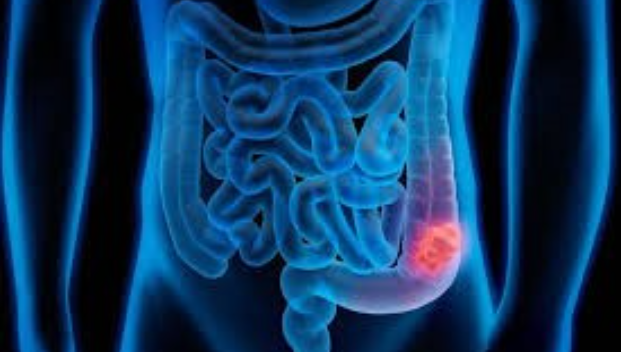Deep learning algorithms can be used to identify defaulters– in this case, non & improper mask wearers during COVID-19.
Every individual is socially responsible for preventing the spread of infection. The most straightforward protection strategy against microbes is masking of mouth and nose- immediate entry points for infection. Just wearing a mask is not a guarantee of protection; however, wearing it properly is.
'Science of infection' and 'Math of probabilities' are spiking-up Inventions from prediction tools to checkpoints - a big thanks to COVID-19! These inventions are possible through deep learning techniques, which involve 'teaching' the computer to make a logical sense of 'big' data.
Dr. Ninad D. Mehendale and his student Ms. Madhura Inamdar of K. J. Somaiya College of Engineering have developed an indigenous virtual mask inspector -'FACEMASKNET' to detect the individual(s) who fail to follow the mask rule in public places.
A convolutional neural network system applied explicitly for learning, and interpreting images were used for creating FACEMASKNET. The training pedagogy involved mathematical algorithms (MATLAB software) and multiple comparative relearning steps (layers) to perfect the learning outcome. "It is maybe a simple classification of the good, the bad, and the ugly, but the effort taken to perfect the algorithm is never-easy," says Ms. Madhura about categorizing accurately 'with,' 'without' and 'partial' mask wearers.
.jpg)
The entire project was carried out into two phases: training and implementing a face mask detector. The team considered still images, resized images, video files, and live feed to train the learning model. The software can extract the Region of Interest (nose and mouth area), which are then processed through 8 layers of checkpoints –stringent and mandatory measures – to categorize the results. "In comparison to other mask detection software, our system provides instantaneous results of 98.6% accuracy with the least number of training layers," says Dr. Mehendale, the lead investigator of the work.
Identifying individuals with improper or no masking can help public governance and management during a pandemic. Facemasknet is a perfect example of genuine intent, social responsibility, and research synergy.
Coordinator-Research Promotion, SIRAC
Published on: Feb 12, 2020








